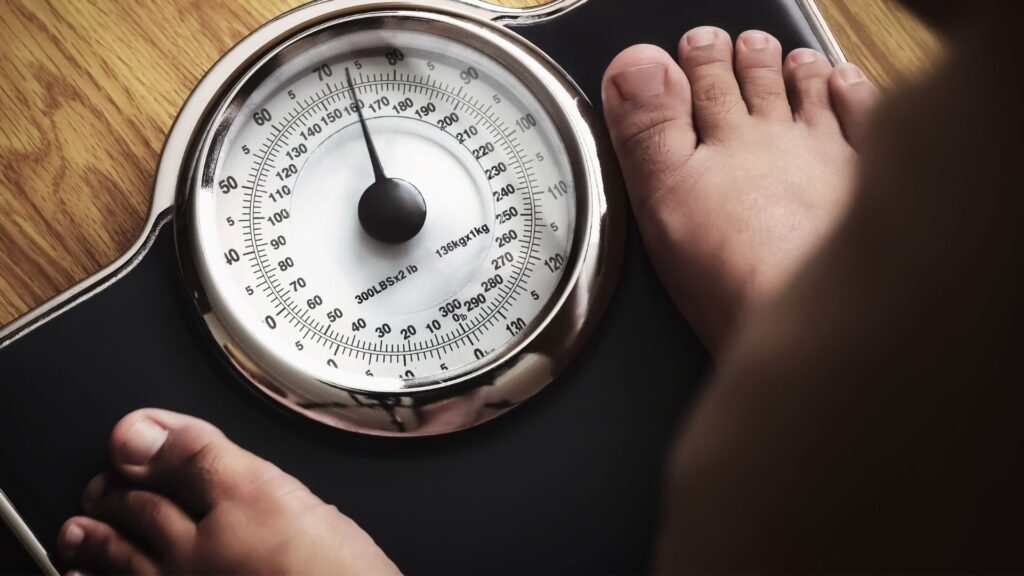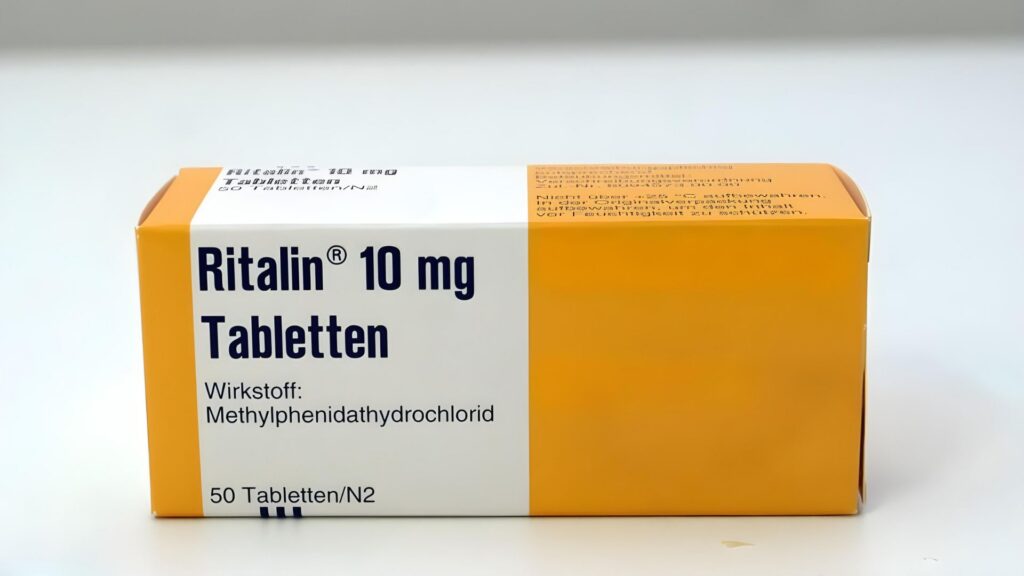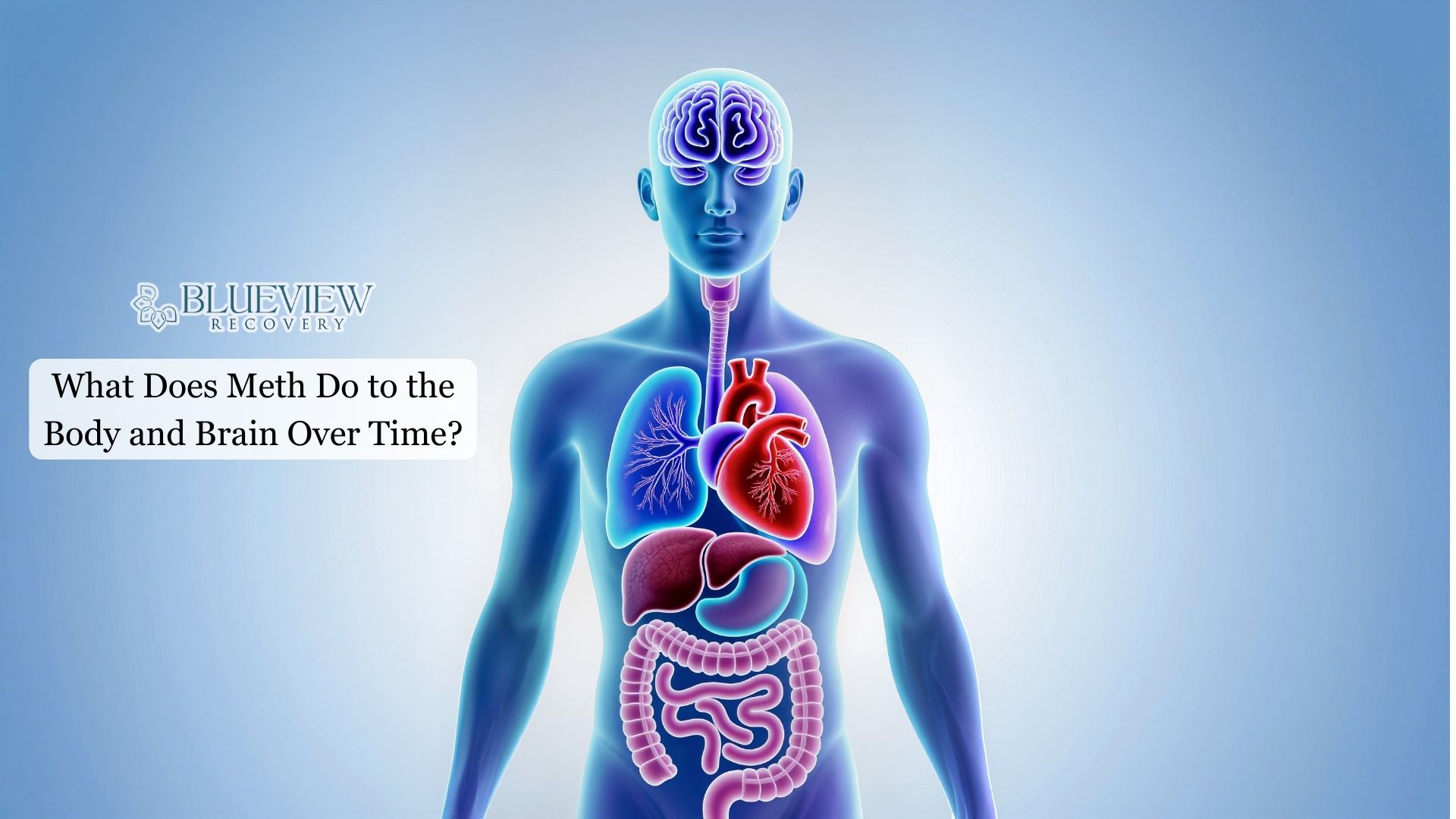If you have started taking Ritalin or know someone who has, you have probably heard it might cause weight loss. Ritalin, a medication commonly prescribed for attention deficit hyperactivity disorder (ADHD), has been associated with weight changes, particularly weight loss. You might wonder if that’s true—and why it happens in the first place.
This article examines how Ritalin functions, its connection to weight loss, individual variations in response, and potential risks while taking this ADHD medication.

How Does Ritalin Work?
Ritalin is a central nervous system stimulant medication mainly used to treat ADHD and narcolepsy. When you take Ritalin, it alters the way your brain functions by increasing the levels of dopamine and norepinephrine in the brain. These neurotransmitters help improve your attention and focus, especially in people with ADHD.
By inhibiting the dopamine transporter (DAT) and norepinephrine transporter (NET), Ritalin enhances the availability of these neurotransmitters, particularly in brain regions such as the prefrontal cortex, which is crucial for attention, impulse control, and executive function. This increase in dopamine and norepinephrine activity helps improve focus, reduce impulsivity, and manage hyperactivity, which are core symptoms of ADHD.
At therapeutic doses, Ritalin selectively boosts neurotransmitter activity in the prefrontal cortex, improving sustained attention and working memory without causing the overstimulation or motor activation seen at higher doses.
If you are a parent, you may see these effects of Ritalin more clearly in children or adolescents, as they can experience slower growth or gradual body weight changes over time. In adults, reduced appetite can lead to immediate weight changes soon after starting treatment.
Many individuals start by using this stimulant as prescribed by a doctor but eventually develop a dependency on it, leading to addiction.
Our Ritalin rehab in Philadelphia, PA can provide you with expert care through structured outpatient programs designed for lasting recovery. We offer personalized treatment plans that address both the physical and psychological aspects of substance abuse.
Why is Ritalin Associated with Weight Loss?
Weight loss associated with Ritalin use is primarily attributed to its appetite-suppressing effects. The prescription drug reduces food cravings and portion sizes in some individuals. When you take this stimulant, you may find that you are not as hungry as before, leading to a reduction in the amount of food you eat each day, which is one of the primary reasons some people experience noticeable weight loss effects while on medication.
On top of that, you may also feel increased energy, encouraging you to move more and burn extra calories, as Ritalin stimulates your central nervous system. This combination of decreased appetite and increased calorie burning can contribute to weight loss in some individuals.
While the use of Ritalin may lead to lack of appetite and weight loss in some individuals, those effects are usually unintended. It is worth noting that this drug is not approved for weight loss, and any misuse can bring serious health risks.
Individual Variability and Exceptions
The extent of weight loss with Ritalin varies from person to person. Factors influencing this variability include age, dosage, duration of treatment, individual metabolism, and underlying health conditions.
For instance, some users—especially women—report more appetite suppression and greater weight loss than men. Children may experience gradual and delayed growth restriction after several months of treatment, while adults may notice changes in appetite more quickly. Some individuals report no weight loss or even weight gain, depending on how their body responds to the medication and lifestyle factors.
However, you may find that your appetite returns quickly as your body adjusts, leading to a stabilized weight after an initial drop. Tolerance to the appetite-suppressing effects can develop over time, potentially reducing the impact on weight. Moreover, some people taking Ritalin may experience side effects such as nausea or gastrointestinal discomfort, which can affect their eating habits differently.
Risks and Considerations of Using Ritalin for Weight Loss
Using Ritalin specifically for weight loss is not recommended or approved by the US Food and Drug Administration (FDA). While the loss of appetite can lead to weight loss, the medication carries risks that outweigh potential benefits when used off-label for this purpose.
Misuse of Ritalin for weight loss purposes is illegal and puts your health at significant risk. You could experience serious side effects like heart palpitations, high blood pressure, and severe mood swings.
Some of the short-term side effects include insomnia, increased heart rate, elevated blood pressure, dry mouth, nausea, vomiting, stomach pain, and headaches. Long-term misuse, on the other hand, can lead to dependency or addiction, making this approach unreliable and unsafe. The drug even carries a black box warning to highlight these health risks, stressing the need for medical supervision.
It is important to take note that you can overdose on Ritalin when you take more of this drug than your body can safely process. It can usually lead to serious and potentially life-threatening symptoms. Signs of overdose include rapid or irregular heartbeat, high blood pressure, chest pain, seizures, and dangerously high body temperature. Using the stimulant only as prescribed and never sharing it with others is essential to minimize overdose risk.
In children, weight loss and growth suppression are concerns that require careful monitoring by healthcare professionals. Appetite suppression might interfere with adequate nutrition, impacting overall development.
Moreover, once Ritalin wears off, your appetite often returns, which can lead to rebound weight gain. The medication does not address the underlying causes of weight issues or promote sustainable lifestyle changes necessary for healthy weight management.

Managing Weight Changes While on Ritalin
While taking Ritalin, it is essential to monitor changes in your weight, as appetite suppression can disrupt your food intake balance.
- Consult healthcare professionals: Regular monitoring by doctors, psychiatrists, or dietitians is essential to tailor treatment and address any nutritional concerns.
- Balanced nutrition: Emphasize a diet rich in fruits, vegetables, whole grains, lean proteins, and healthy fats. Small, frequent, high-calorie meals can help counteract appetite suppression.
- Physical activity: Maintain a consistent exercise routine to support overall health and maintain an optimal energy balance.
- Medication adjustment: Dosage modifications may help reduce appetite-related side effects; however, any changes should be made only under the guidance of a medical professional.
- Supportive environment: Encourage mindful eating habits and establish routines that foster healthy growth and well-being, particularly for children.
- Appetite-enhancing medications: In severe cases of weight loss, doctors might prescribe appetite stimulants, but these should be used cautiously and only under professional guidance.
Final Thoughts from Northwoods Haven Recovery
Although Ritalin increases the potential to suppress hunger, as a controlled substance it’s use should not be regarded as an effective way to lose weight.
If you or a loved one can’t stop taking Ritalin and is struggling with addiction to this prescription medication, at Blueview Recovery, we offer a compassionate and comprehensive treatment program designed to support lasting recovery. With flexible intensive outpatient programs, our clients can continue living at home while building a strong community of peers and engaging in individual, group, and family therapy.





